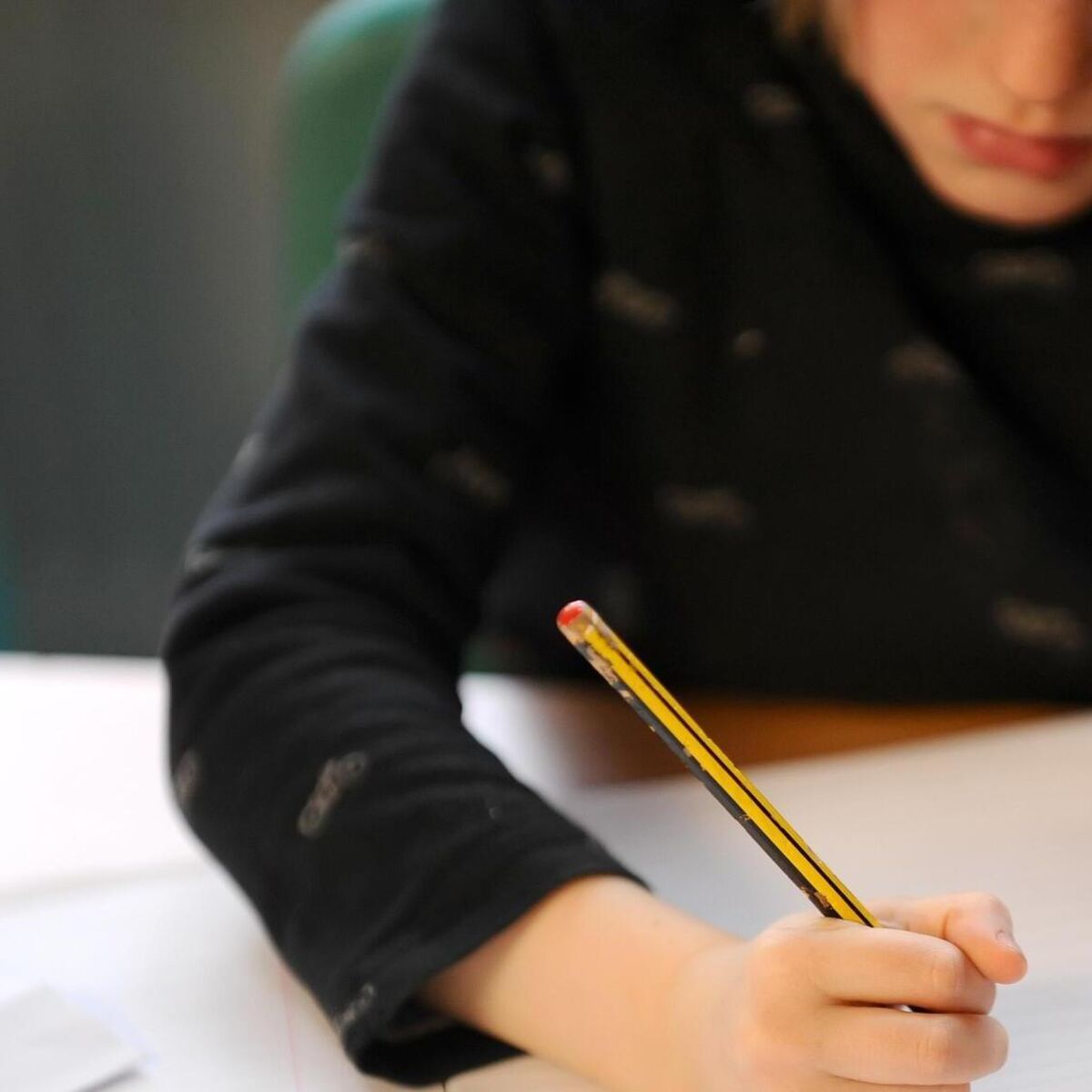‘Hundreds of children with disabilities’ expelled from schools due to complex behavioral needs
By Irishexaminer.com,Liz Dunphy
Copyright irishexaminer

School exclusions deny the child their right to an inclusive education, a right established by Article 24 of the United Nations Convention on the Rights of Persons with Disabilities.
“There are hundreds of children with disabilities who do not have access to full-time school placements,” Aisling McGrory, senior social worker with the Children’s Disability Network Team, speaking on behalf of the Irish Association of Social Workers, said.
“These children are often excluded due to behavioral, sensory, or medical needs that schools are unable to accommodate.”
Increasing numbers of children with disabilities are being expelled due to their complex needs, Ms McGrory said.
“When this happens, families and carers are left to manage alone — without adequate support from either the education, support services, or health system.
“There is no integrated system to wrap around the child and the family. Families report feeling isolated, overwhelmed and are unsure where to turn. The lack of coordination between education and health services means that when a child is out of school, there is no automatic pathway for clinical support, respite, or structured alternatives.
Parents are left to manage complex behavioral, sensory, and medical needs without guidance or relief. In these situations, the children are often seen as the problem, and not the system.
“Many parents are forced to leave employment, reduce working hours, or rearrange their entire lives to meet their child’s needs.
“In many families, siblings often take on caregiving roles, becoming “young carers”, which can affect their own wellbeing and development. These situations can result in long-term consequences for financial stability, mental health, and family cohesion.
“The risk of which cannot be underestimated and has had detrimental consequences and impact on the child, their siblings, and the family unit.”
While home tuition is often presented as a solution for children out of school, for children with complex needs, it is rarely viable,” Ms McGrory said.
And parents report lengthy delays in accessing home tuition, inconsistent provision, and tutors who are not trained to manage complex behaviors, she said.
Children with disabilities are also being denied access to schools in their local communities, forcing them to make long journeys each day and lessening the chance of them building friendships locally.
Some children are travelling from Athlone to Dublin to maintain a school place, travelling more than 250km a day, she said.
Access to therapeutic supports should not have to rely on a medical diagnosis, delivery of supports like speech and language therapy should be needs-led — as it is in mainstream schools, the Oireachtas committee heard.
Educational psychologist and a family caregiver Anne O’Rourke said parents were so concerned about the limited availability of therapeutic supports that they are considering moving their children — who are doing well in mainstream schools — to special schools to increase their chance of accessing the occupational therapists and speech and language therapist that are being brought into special schools again.
So, it is essential that this scheme also provides in-reach services to special classes in mainstream schools and is rapidly extended to all schools, Ms O’Rourke said.
Áine Lawlor of the Irish Association of Speech and Language Therapists said Ireland’s current education system remains fundamentally misaligned with the guiding principles of inclusive education.
“Practice continues to rely heavily on medicalised, diagnosis-led models, where access to supports is contingent on clinical categorisation rather than individual needs,” Ms Lawlor said.
“Systemic gaps also create inequities in access to timely assessments, therapeutic interventions, assistive technologies, and coordinated educational transitions.”



